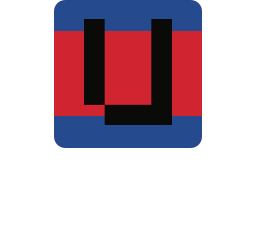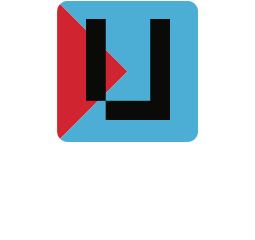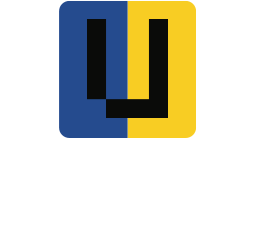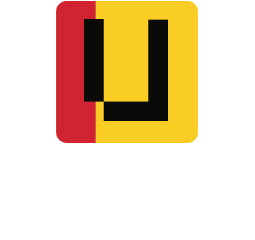Youth
Involvement in Politics and Governance: Future Development
Youth participation in every area of the OECS
community has had and continues to have an impact on planning, processes,
development and continuity arrangements. Nevertheless, there is still progress
to be made in creating multiple channels for listening, engaging and addressing
youth concerns. The UReport Platform is one such tool being used to mobilize
youth opinions using polls and other engagement resources. The participation of
youth in politics and governance procedures are a fundamental part of nation
building and regional integration. Put simply, the OECS youth are the
facilitators of future development that is monitored and adjusted to garner
greater efficiency and results as circumstances evolve.
What Does This Mean?
Political participation provides youth with the opportunity to engage in activities that identify their needs, find solutions and implement projects and programs from which tangible and intangible results are derived. Youth have unique perspectives on how processes can be optimized and share these opinions for community and country improvement. In the OECS, countries face similar issues, therefore regional inputs can additionally be provided for knowledge-share and integration development.
Access Granted
For voting age youth, political participation is accessible via informal and formal routes. Youth under voting age will often rely on the informal routes of participation. These would include family discussions, debates, social media influence, volunteering, and interest groups for sports, arts, cooking and other hobbies.
The role of technology and the arts in
mobilizing the youth voice should not be underestimated as it provides
interconnectivity which was previously difficult to achieve. The access to
other nations and their governance systems provide youth with the inspiration
and motivation to change the world around them. Social media platforms such as
Facebook, Twitter, and Tik Tok give varying impression lengths that can
capitalize on influence to spread a cause or ideology. Technology is a tool
being leveraged by the youth to effect change directly and indirectly as many
platforms are monitored for keywords and phrases.
Participation Gateway
There are various ways youth participate in politics and governance. While specifications may range from country to country, they generally include informal activities such as Individual and Group Thought Development, Organization or Group Activities, Social Media Spaces and more formal political approaches such as Campaigning, Joining a Political Party or Governance Organization and Standing for Elections.
To dive deeper on this subject, let us first
look at the surface of youth participation. Upon achieving voting age, access
to voting is granted as a formal entry point into political participation. Yet,
registering to vote does not guarantee youth’s ability to participate in the
process or access to the tools and details that can guide them in making an
informed decision across several issues.
Barriers To Progress
If youth voices are so powerful, what is
preventing active participation? There are several reasons which include but
are not limited to feeling ignored/neglected, limited financial and economic
power to actively participate in political processes, a belief of limited influence
to effect change and decision-making, limited time and access, acceptance of
the status quo, and lack of knowledge on the governance systems among others.
Systematic issues can also pose barriers to youth involvement in governance
such as limited access to education, employment opportunities, healthcare,
transportation, and social protection services.
Tap In, Token Out
To tap into the potential of youth political
and governance involvement, it also calls for all actors to recognize the power
of the youth voice to create and effect change. Then curate mechanisms to
empower and streamline youth participation processes while removing historic
barriers. In most scenarios, these actors include parents, extended family,
neighbours, friends, education providers, community groups and activities
(local, regional and international), civil society organizations and
governments.
For the Future
Therefore, we can conclude that youth
involvement can and should begin at an early age to encourage extensive
knowledge of political systems and governing procedures on the national,
regional and international levels. Youth remain one of the largest demographics
that can lead substantial amounts of progress in fields such as agriculture,
science & technology, arts, innovation and business. The youth voice is
equally as important to issues on social justice reform, the environment,
gender affairs, health & safety, and the economy. Considering the vital
role of youth involvement in nation building, incorporating their innovative
ideas and perspectives will generate a sustainable path of future development.


